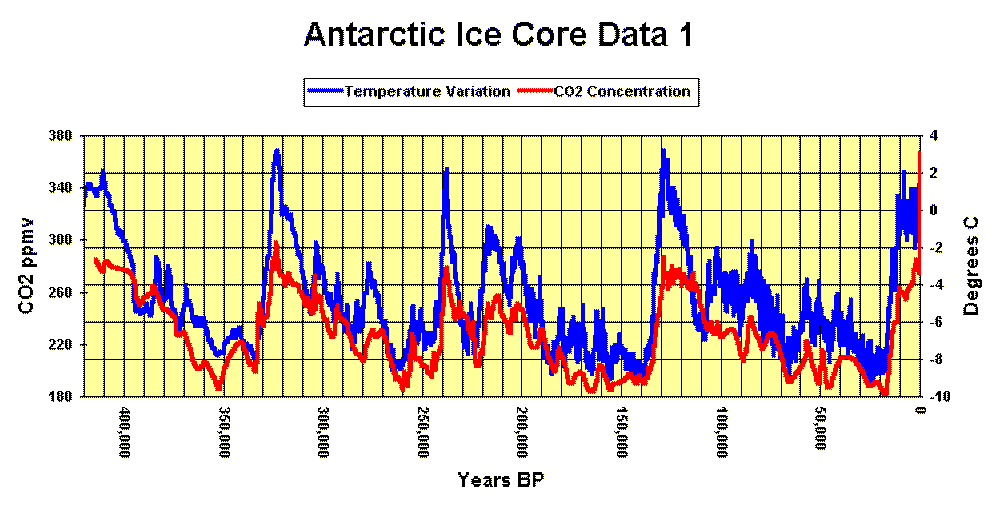Science isn't a popularity contest.excalibur
Yeah. Such "junk science" that about 98% of scientists from different fields of science say that global warming is a reality.
Given the many valid dissenting scientific opinions that remain on these issues, we argue that recent attempts to force an apparent scientific consensus (including the IPCC reports) on these scientific debates are premature and ultimately unhelpful for scientific progress. We hope that the analysis in this paper will encourage and stimulate further analysis and discussion. In the meantime, the debate is ongoing.


